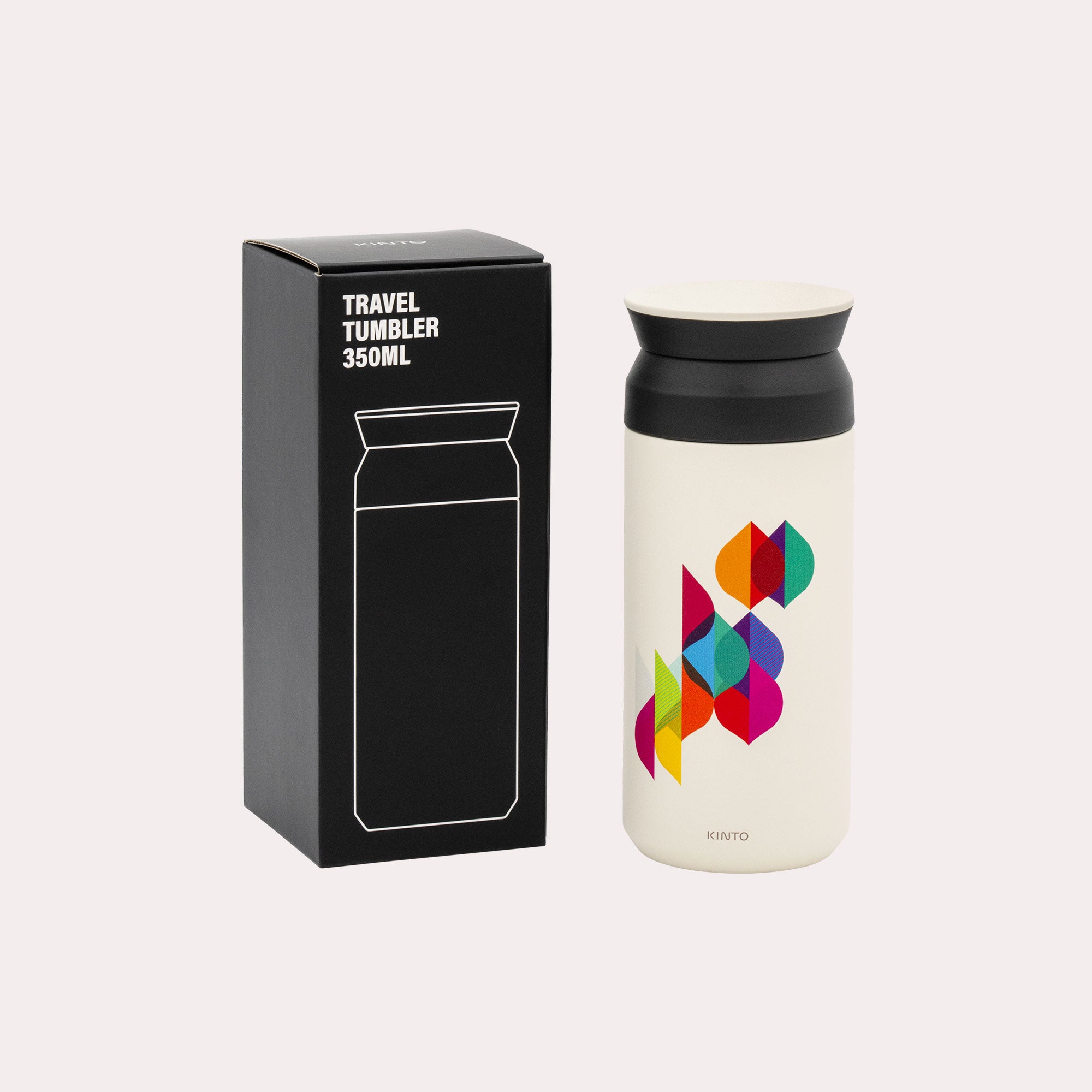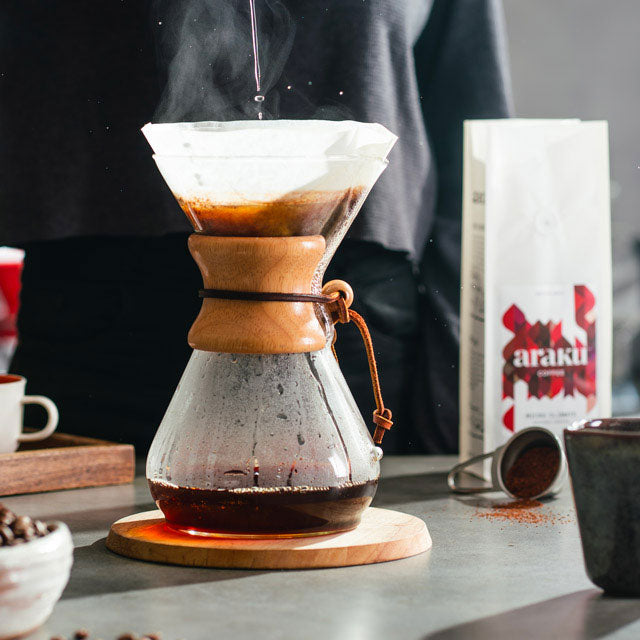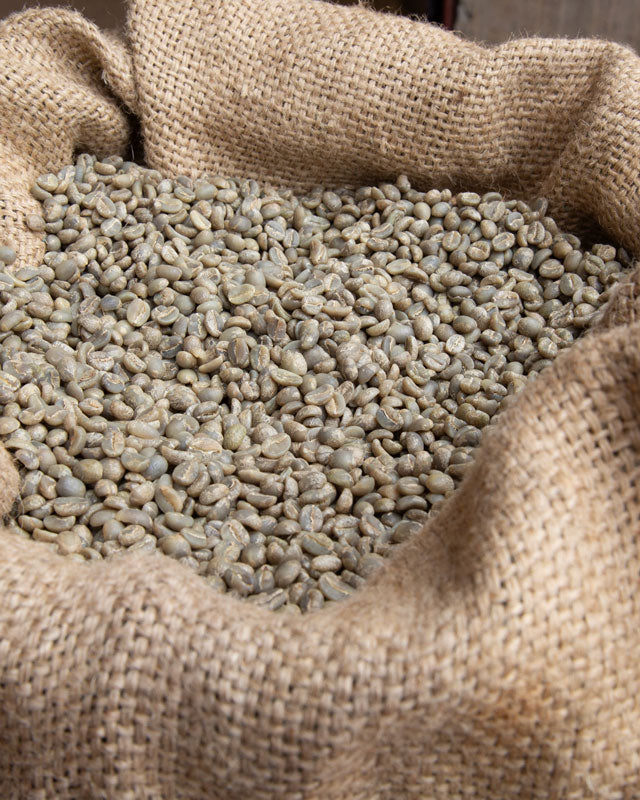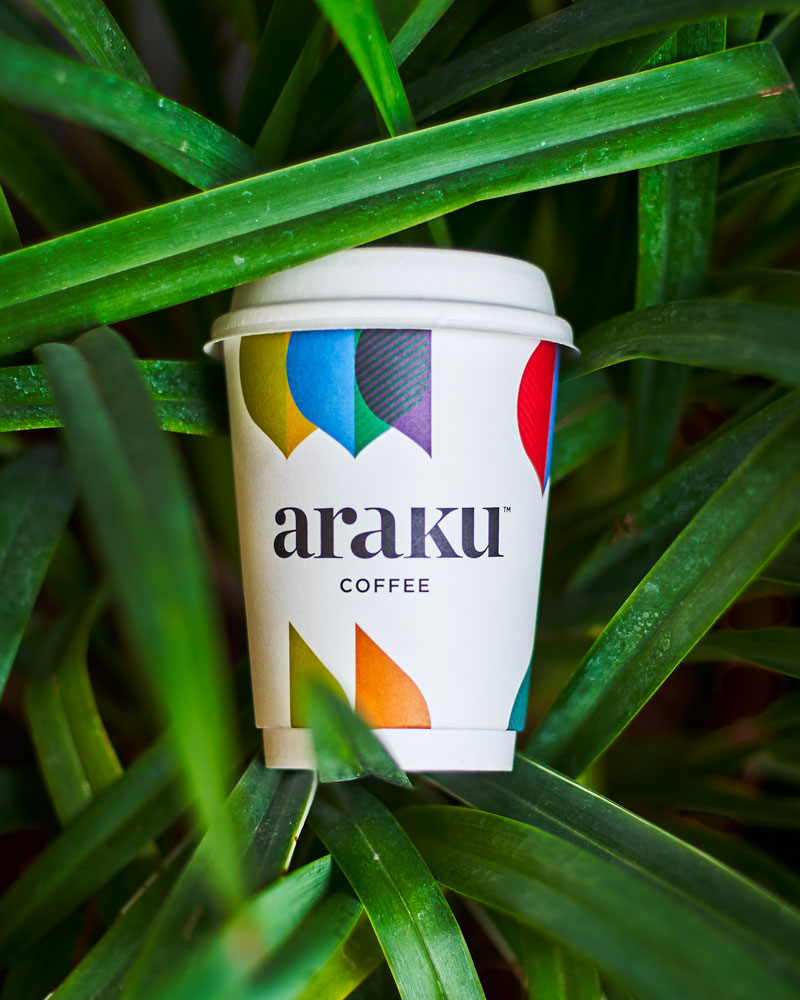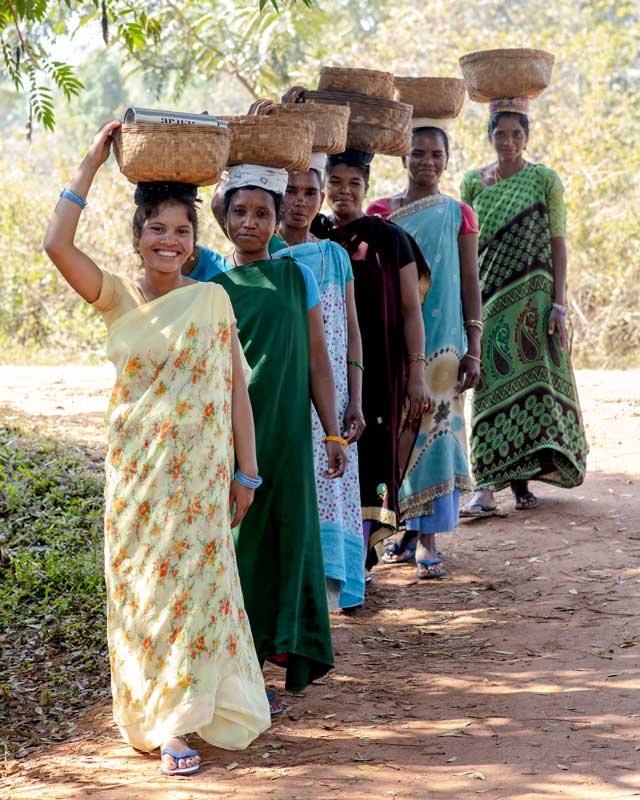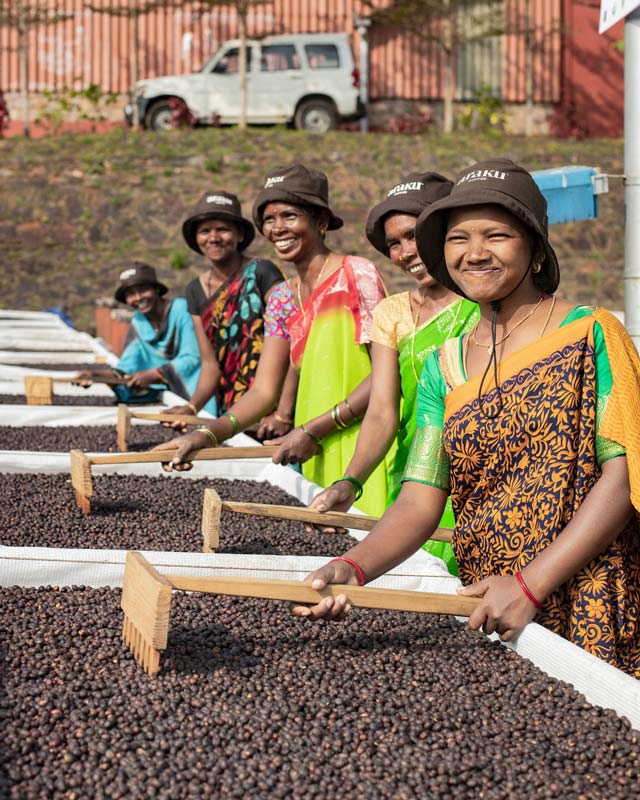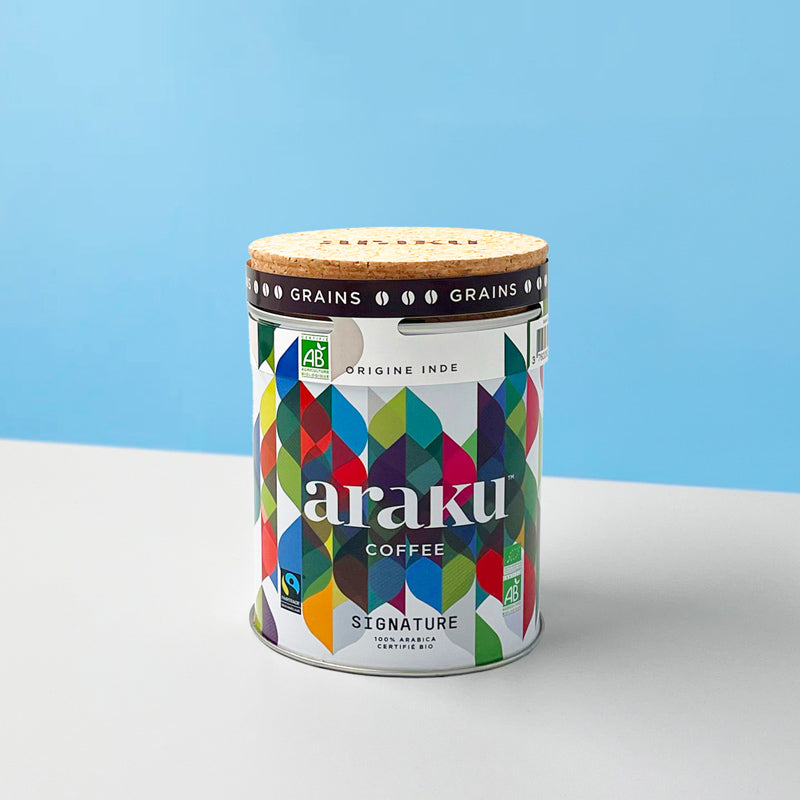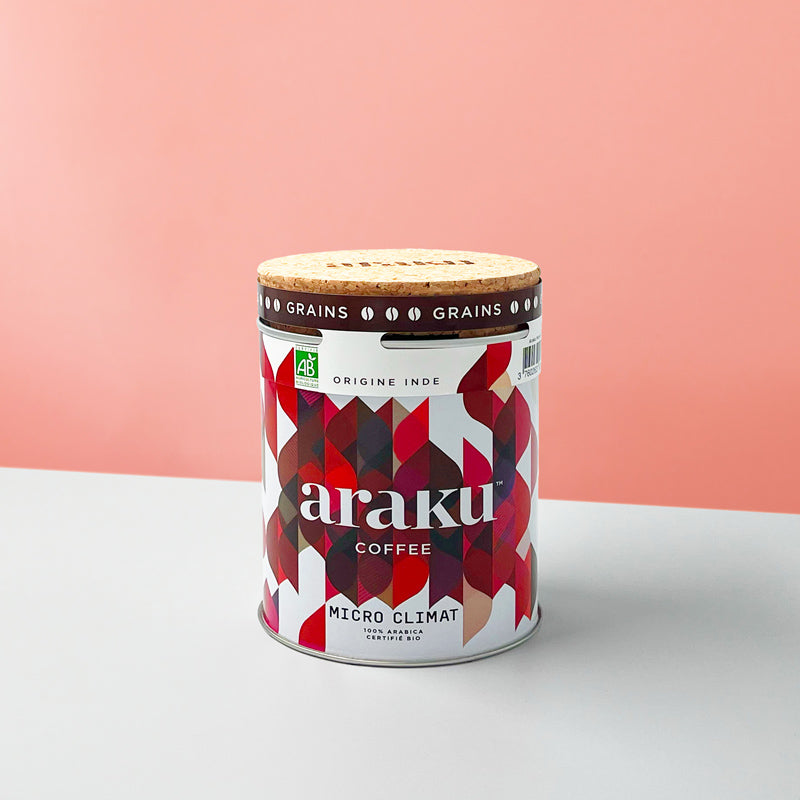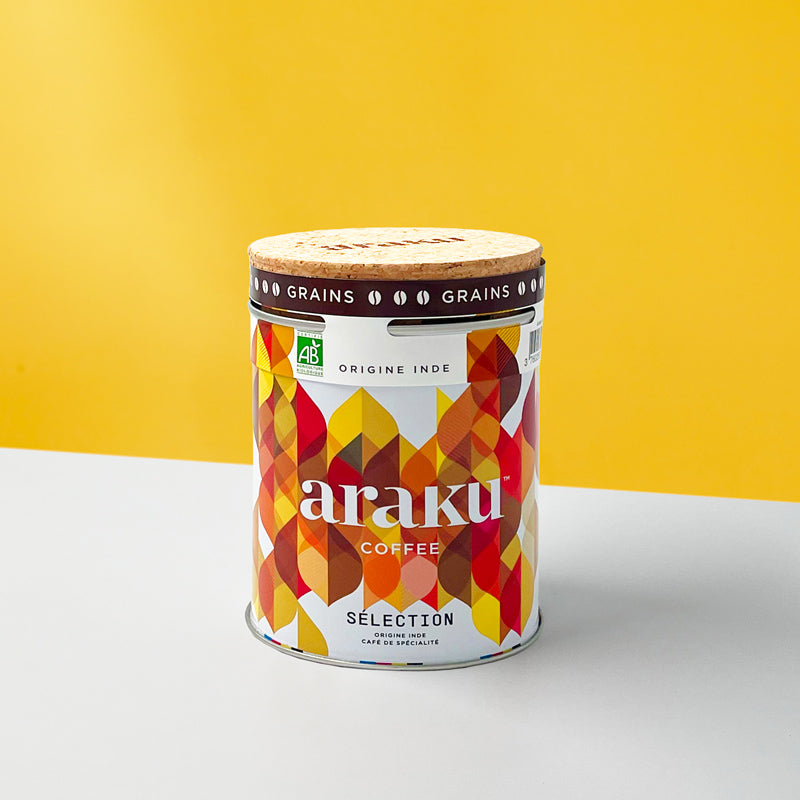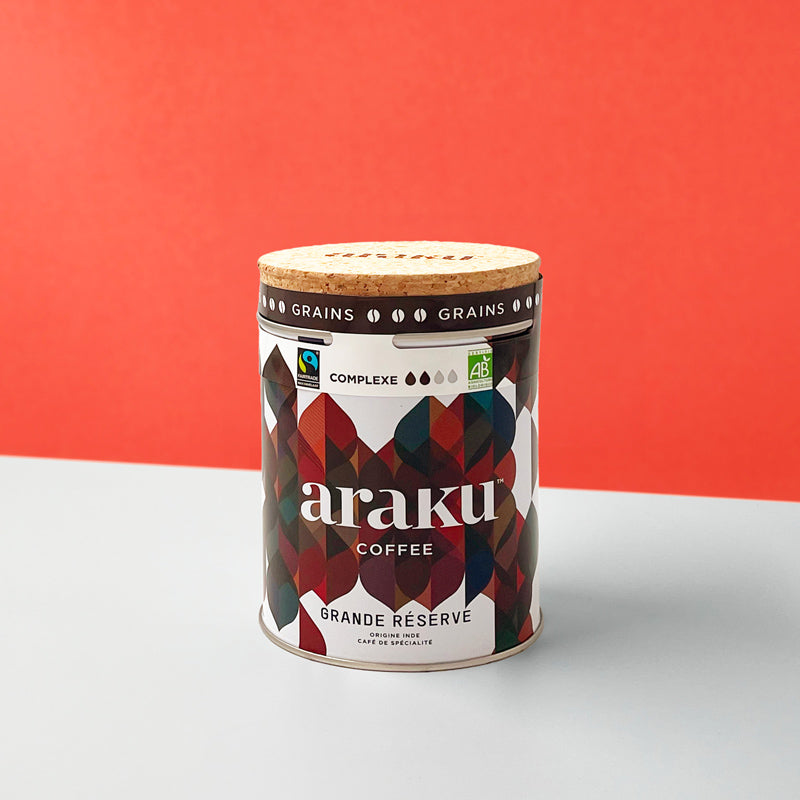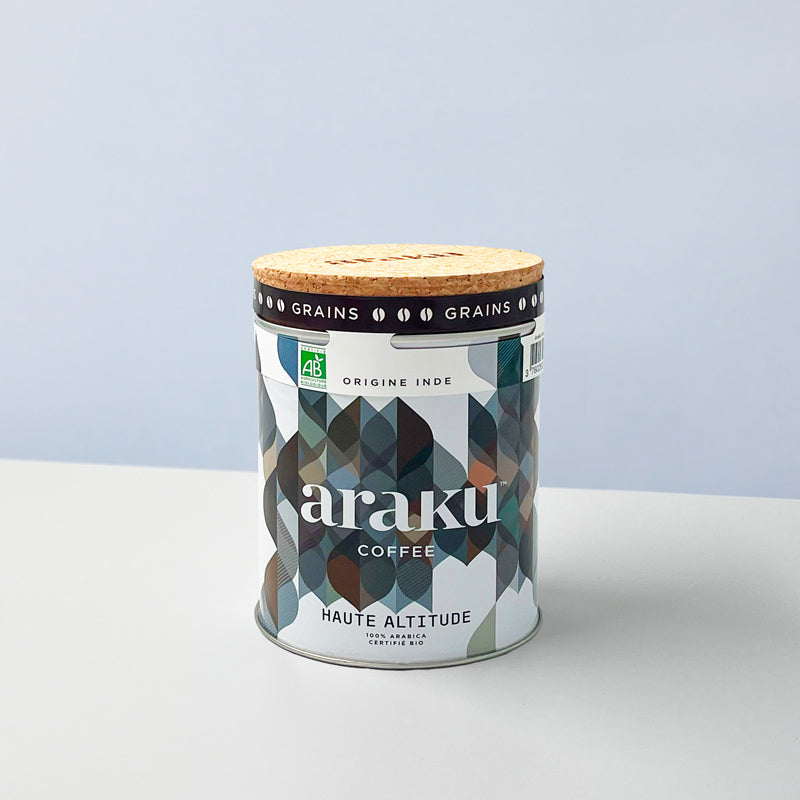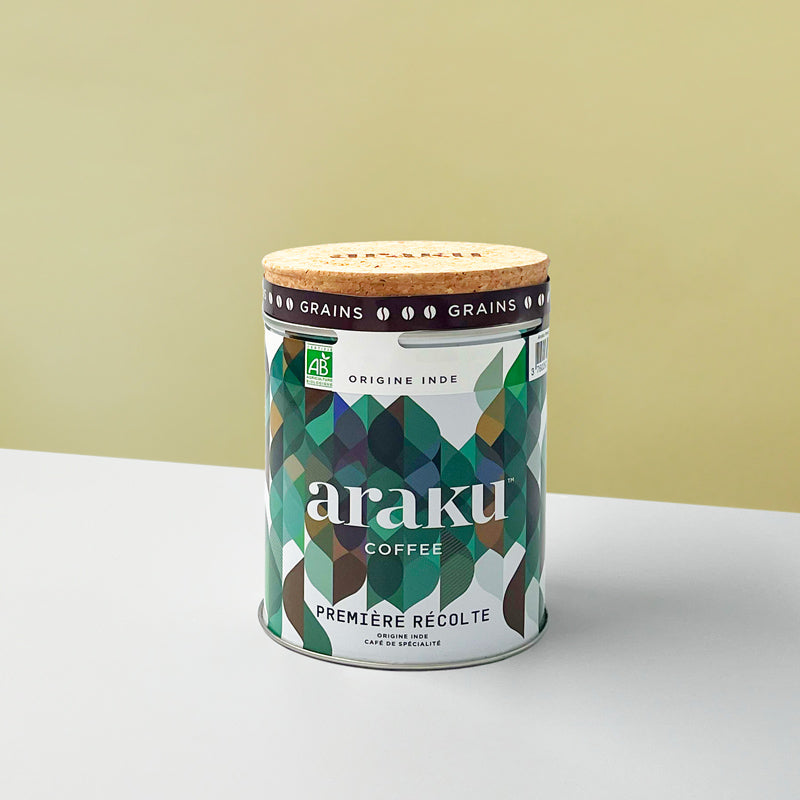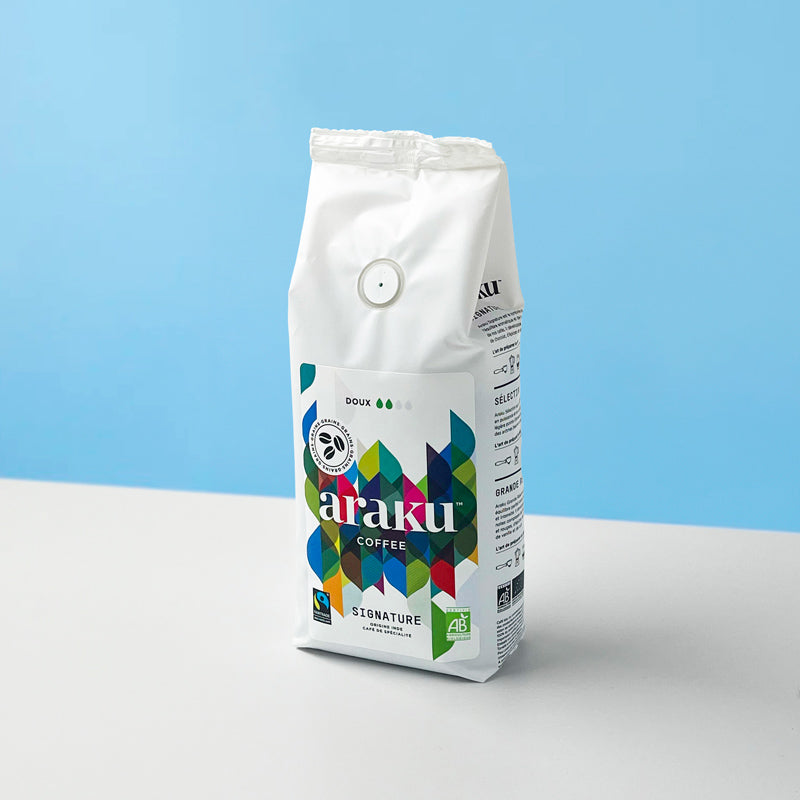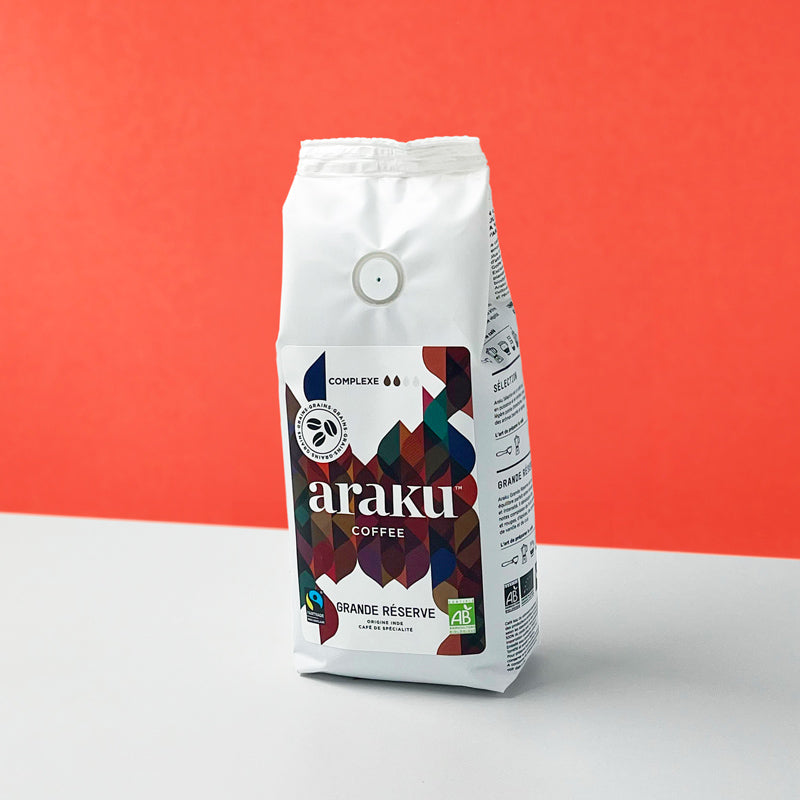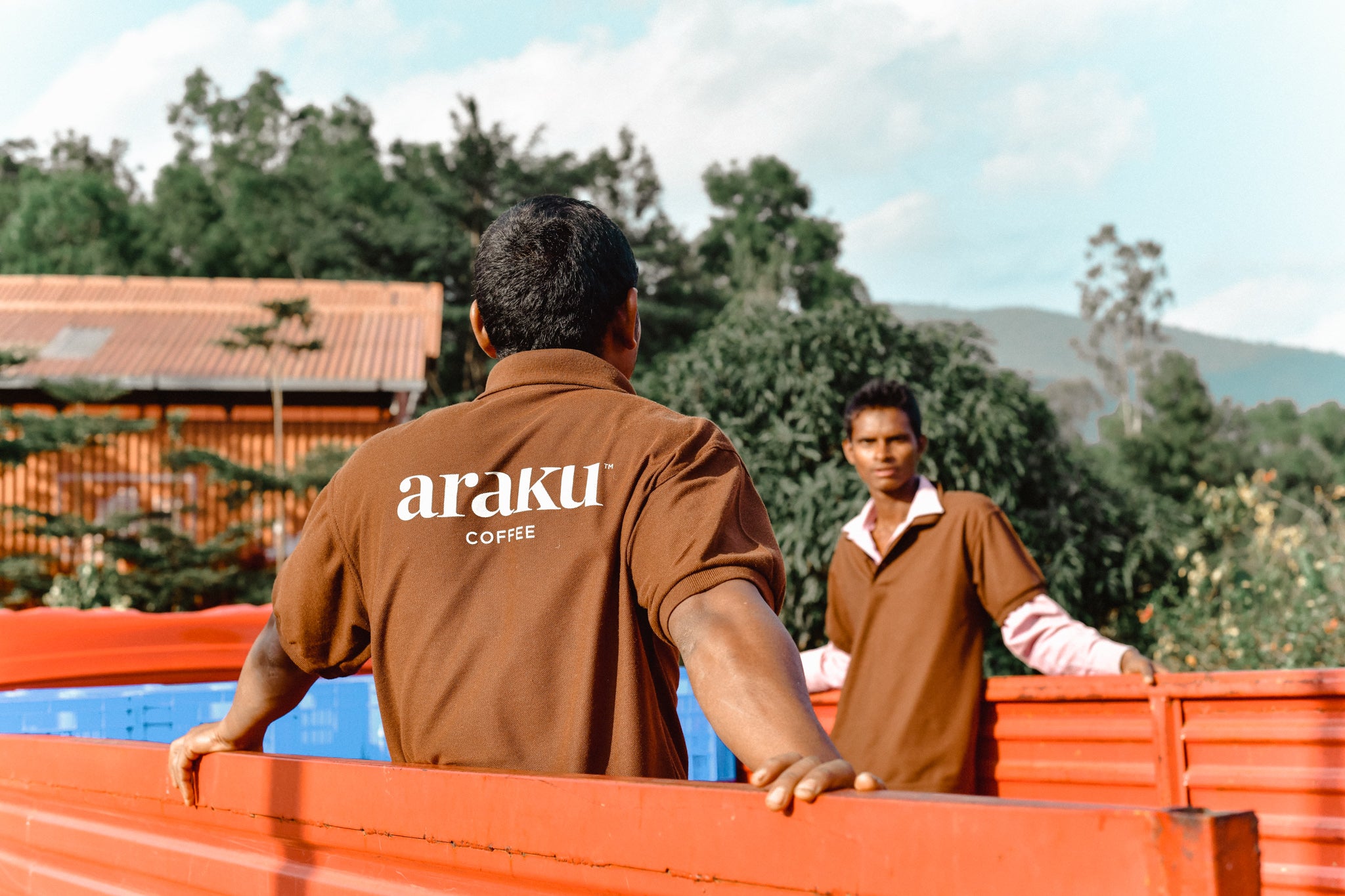ROBUSTA COFFEE, A POWERFUL AND BITTER COFFEE
As its name suggests, Robusta is a robust coffee. Representing around 30% of world production, this variety is grown at lower heights than Arabica coffee, between 300 and 800 meters above sea level. Despite its resistance to disease and its high yield, robusta coffee is little appreciated by high-end coffee producers. This is explained by its taste. Indeed, robusta is more powerful and bitter than arabica. In addition, its aromas are less developed and it contains more caffeine than its famous cousin. Robusta coffee is mainly produced in two regions of the world: Southeast Asia and West Africa. Although it is not very popular in France, it is very popular in other countries, such as Italy.
ARABICA COFFEE, A SOFTER AND COMPLEX COFFEE
When it comes to production, the main difference between Arabica and Robusta is the requirement that the former demands. Delicate and sensitive, the Arabica coffee tree must grow at height (between 800 and 2,000 meters above sea level), at a constant temperature (between 15 and 24°C), and requires shade and humidity. This is why Arabica coffee is generally produced on high plateaus, sometimes on the side of mountains, and is often surrounded by trees to protect it. Despite this relatively complicated cultivation, this variety is widely produced (around 70% of world production) because of its sought-after taste. Arabica coffee offers a full flavor, great finesse, more developed aromas and a low concentration of caffeine. Finally, note that Arabica beans are more elongated, while those of Robusta are small and round. So, robusta or arabica? In the end, none is better than the other, it's all a question of taste. For strength and bitterness, we advise you to opt for a robusta coffee. You can also opt for a blend to slightly reduce the bitterness. But if you prefer sweetness and an aromatic palette, Arabica is for you. In this case, you will love Araku coffees since we only offer 100% Arabica coffees.


